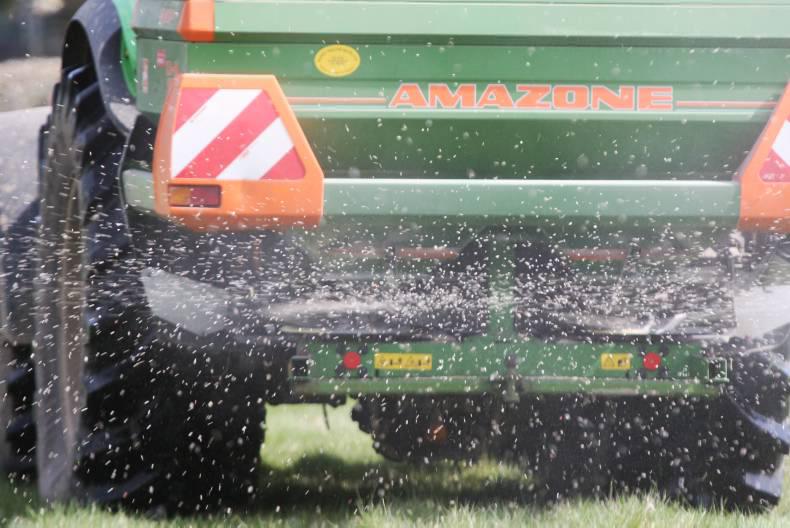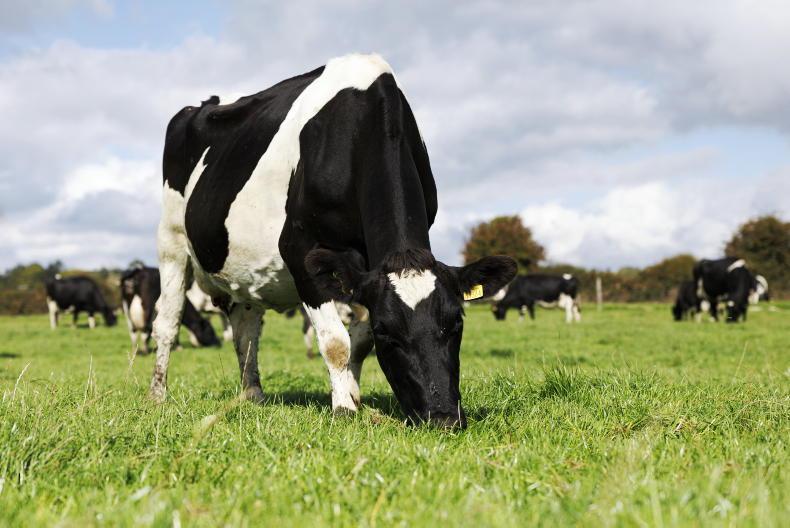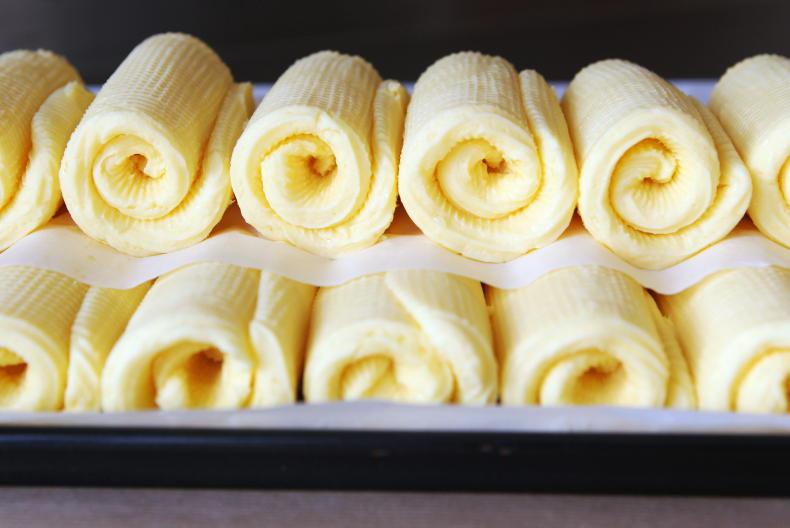Since early January, granular urea prices have fallen by up to €30/t across Europe. And the good news is that here, despite product being imported at much higher levels, market forces and local competition are causing the price of granular urea to tumble €35 to €40/t versus this time last year.
CAN is now trading at €292 to €300/t (big bags on farm), back €20 to €25/t on last year. Meanwhile, urea can be bought at prices of around €350 to €370/t.
Listen to a discussion on fertiliser prices in our podcast below:
With international urea prices rapidly falling, CAN is looking more expensive on a nutrient-per-tonne basis. CAN is now selling at a 33% premium to urea on a nutrient basis. This may lead to some switching from CAN to urea this season. (See dairying, page 40).
The latest price drops come on the back of collapsed oil prices, where energy makes up 60% to 80% of nitrogen costs. But most distributors across Europe are sitting on high-priced stocks with little movement within the chain.
Irish sales are back 75% at present, while UK sales are down 25% as the market has been slow to start as farmers and retailers delayed buying in anticipation of a collapse in prices.
However, importers are warning this could cause supply bottlenecks in the peak season (February to April) and that possible production cutbacks (in the expectation of lower demand) may turn the price back up in the coming months.
NPKs, such as 18-6-12 and 10-10-20, are not expected to be any lower despite lower international prices for phosphorus and potash. The weaker euro has caused the local price of these commodities to increase.










SHARING OPTIONS